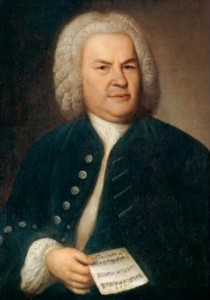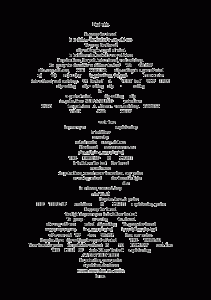 Even though time ticks away in a constant tempo, sometimes it seems to accelerate. One moment I was teaching a willful teenager who was angry at everything, the next moment she is a young lady, sweet, graceful, graduating from high school.
Even though time ticks away in a constant tempo, sometimes it seems to accelerate. One moment I was teaching a willful teenager who was angry at everything, the next moment she is a young lady, sweet, graceful, graduating from high school.
We have certificates to show that she has indeed learned something from me, that I have taught her more than just counting one-and-two-and. In our last lesson she told me she has started a new piece, J.S. Bach’s Cappriccio in C minor. All through the years she has hated playing Bach, to the point that she managed to lose the book of Two-Part Inventions. I don’t know what happened, but I know it is not a change but an opening of the mind. It’s what gives me the greatest pleasure as a teacher.

